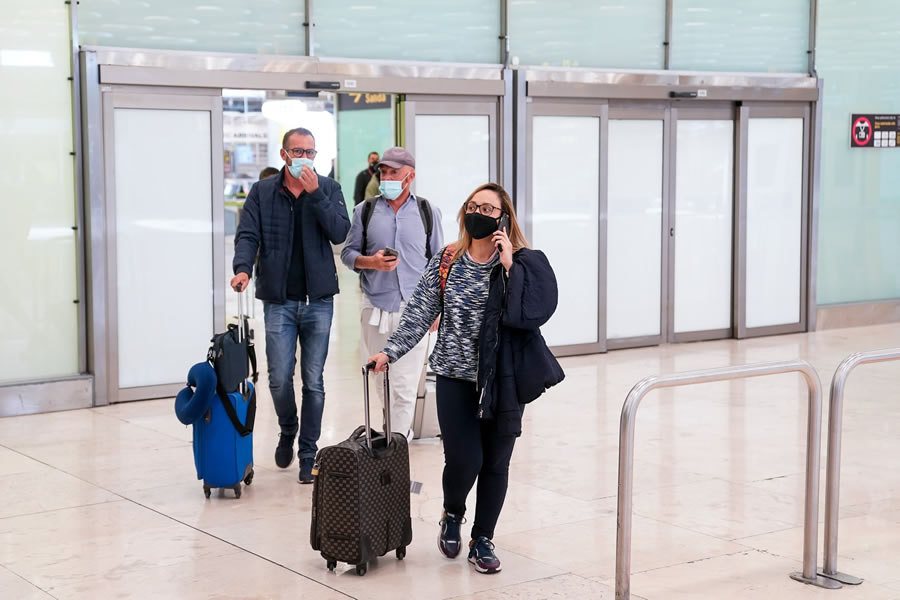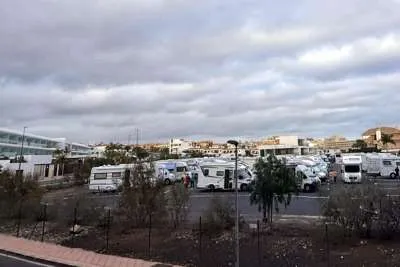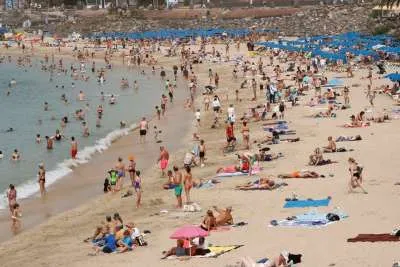The Canary Islands plans to exempt vaccinated national travellers from a PCR test
- 21-05-2021
- National
- Canarian Weekly
The Canarian Government decided yesterday to maintain the anti-covid regulations in terms of passenger control at ports and airports, waiting for the Supreme Court to rule today on whether or not to endorse their request to extend the perimeter closure after the state of alarm as a containment measure of the virus in the event that an island reaches a high risk of contagion and is in alert Level 3 and 4.
The decisions of the Canaries government on the regulation of mobility, are also awaiting the measures that the central government plans to adopt today for all of Spain, as well as what other regions decide to do.
Government spokesman, Julio Pérez, acknowledged that the Canary Islands are closely observing the steps that the Balearic Islands have taken in this matter, which decided on Wednesday, not to require any Covid test in their ports and airports for vaccinated national Spanish travellers even if they’ve only had one dose, nor to those from areas with an incidence rate over 14 days of less than 60.
Pérez acknowledged that the Canarian Government wishes to "facilitate more than just tourists who have had a negative test." He insisted that the "health control mechanisms for travellers will be subject to review when we have these indications, which will depend on what the Government of Spain and the Supreme Court say, and what other communities do to facilitate access by tourists maintaining health guarantees.”
On the other hand, the Canarian Government does not rule out having to implement other types of mobility restrictions if the Supreme Court rejects the appeal against the decision of the TSJC to suspend the perimeter closure of the islands at levels 3 and 4.
"If it does not ratify the mobility restriction in these cases, then the government would have to adjust to the criteria that the Supreme Court has established as correct," said Pérez, who recalled that justice understands that it is disproportionate to close an entire island depriving all its inhabitants of the freedom of movement to control an infectious focus in a certain place, so perhaps it would be possible to carry out perimeter closures in specific areas or municipalities.
In any case, the Canarian Government will adjust its decisions to the doctrine of the Supreme Court "whether he agrees or does not agree," the spokesman said.
Another option they are considering is to restrict mobility between islands that could enter a high or extreme risk level of contagion if the Supreme Court overthrew the measure is to demand a negative test result if travelling for non-essential reasons.
This option, which was already tested in the archipelago over Easter, is one of the formulas that may have a place outside of the state of alarm. In fact, screening of this type is currently applied in Canarian ports and airports for travellers from the national territory.
The Supreme Court plans to issue its ruling today, since the appeal filed by the Canary Islands Government was the first of five raised by two other communities, Andalusia and Castilla-La Mancha, against the decision of their respective superior courts of justice to censor the anti-covid measures decreed after the lifting of the state of alarm, on May 9th.
Other articles that may interest you...
Trending
Most Read Articles
Featured Videos
TributoFest: Michael Buble promo 14.02.2026
- 30-01-2026
TEAs 2025 Highlights
- 17-11-2025


























































